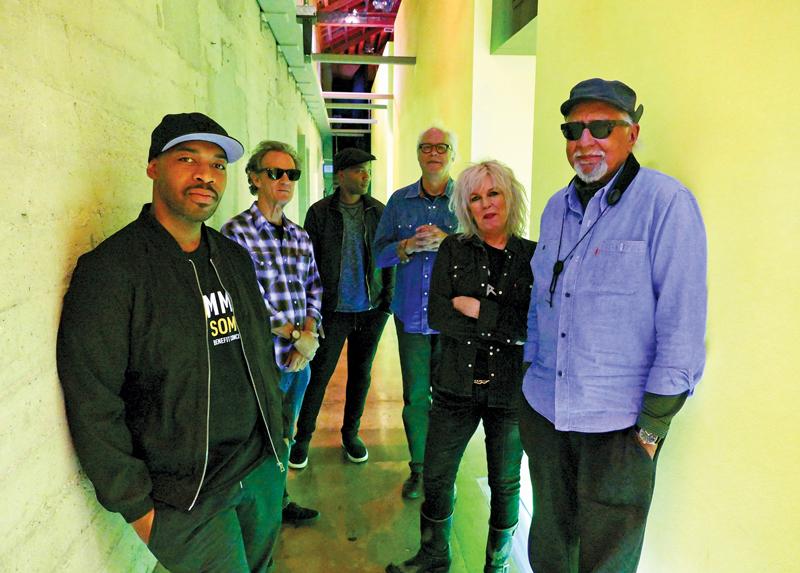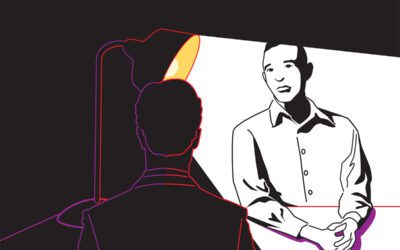For more than six decades, saxophonist and flutist Charles Lloyd has been investigating wide ranges of music from America and beyond. With deep roots in Memphis, he moved to Los Angeles to study classical music but ended up encountering some of the most radical players in jazz, eventually replacing Eric Dolphy in the innovative Chico Hamilton Quintet and then moving on to play with the more conservative Cannonball Adderley Sextet.
In 1965, Lloyd formed his own quartet, which included a young pianist named Keith Jarrett. This group gained international attention with the release of a concert recording, Forest Flower, which sold over a million copies and gave him exposure beyond his jazz audience. It led to a tour of Europe that included concerts in Warsaw, Prague, and Moscow at a time when American musicians were rarely able to directly reach audiences behind the Iron Curtain.
I first heard this quartet as a teenager in Warsaw and still recall the group’s unique sound, seamlessly blending standard modern jazz with elements taken from Ornette Coleman and other more avant-garde contemporaries and from West Coast psychedelic rockers. Lloyd’s playing combined modern jazz harmonic sophistication with a folk-like melodic purity and a big sound that recalled tenor masters of the swing era.
His broad appeal and musical adventurousness allowed him to perform before large audiences in venues that usually did not book jazz acts and alongside groups such as Jefferson Airplane, the Doors, and the Grateful Dead. But despite much success and critical acclaim, the quartet soon broke up, and Lloyd withdrew from the jazz scene, moving to Big Sur on the Pacific Coast, where he became associated with visual artists and poets of the Beat generation. After two decades he began to perform regularly again and has been active ever since.
Charles Lloyd’s latest project combines his new group, the Marvels, with the voice of the equally unclassifiable Louisiana-born singer and songwriter Lucinda Williams. Williams writes songs that seem like country music drenched in the blues, with tense, hard-nosed, complex poetic lyrics; someone described her as Raymond Carver with a guitar. Lloyd and Williams are well-matched southern-born eccentrics who cherish originality and live in a world of poetry—Williams inherited this from her poet father and Lloyd from his life at Big Sur, where Lawrence Ferlinghetti had a cabin. After all these years, Lloyd’s saxophone sound has become even fuller, infused with a deep burnished sheen, and his lyrical melodic sense complements Williams’ gruff bluesy singing. UMS brings them to the Michigan Theater on December 8.




